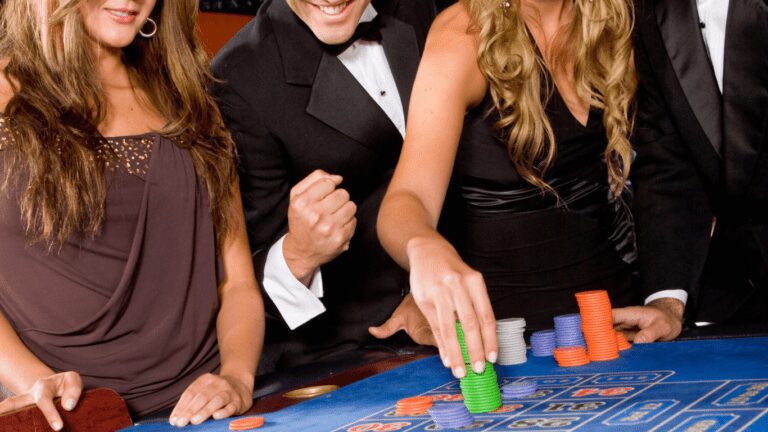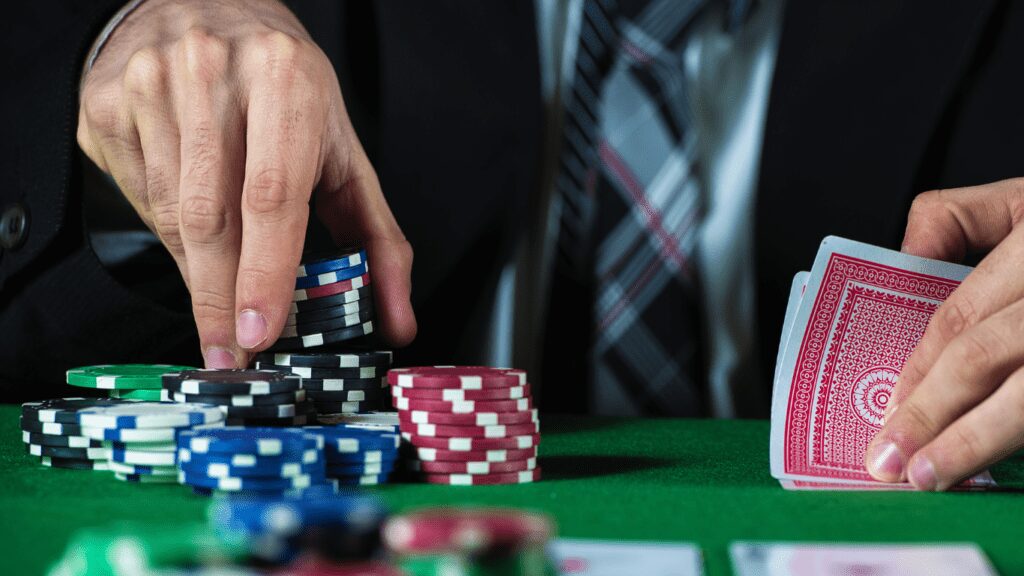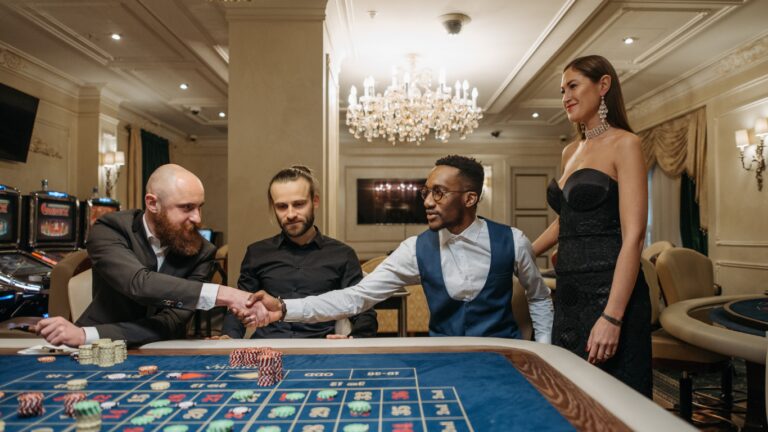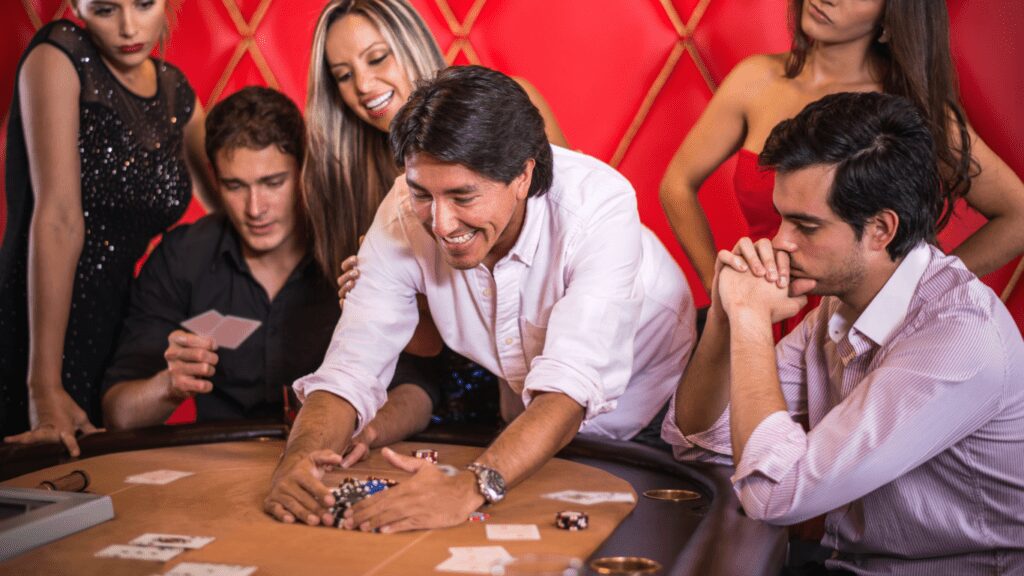Big bets don’t just test our luck or strategy—they challenge our emotions in ways we don’t always expect. From the euphoric highs of success to the gut-wrenching lows of loss, the experience can feel like an emotional rollercoaster. It’s not just about the outcome; it’s about how we process the ride. Understanding this journey can offer valuable insights into how we approach risk and resilience in our lives.
Understanding Big Bets And Their Appeal
Big bets attract me because they combine high risks and substantial rewards. The chance to transform a situation with one decisive move creates an undeniable allure. Beyond the potential gains, these decisions push me to confront uncertainty head-on.
Adrenaline plays a significant role in the appeal. The heightened physical and mental alertness during these moments fuels focus and engagement. For example, deciding to invest in a volatile market or going all-in during a card game amplifies the experience with a unique intensity.
The emotional stakes further elevate the draw of big bets. Success brings an unmatched sense of achievement, while failure drives reflection and personal growth. This duality adds depth to the experience, making it more than just a calculated risk.
The Adrenaline Rush: The Thrill Of Taking Risks
The surge of adrenaline during big bets is undeniable. It heightens awareness, sharpens focus, and transforms decision-making into an electrifying experience.
Psychological Factors Behind Big Bets
- Personal motivations drive my attraction to risks. One key factor is the challenge itself.
- High stakes demand strategic thinking and calculated moves, pushing me to confront uncertainty head-on.
- Anticipation intensifies emotions, often creating a powerful internal pull toward taking the leap.
- Dopamine release plays a major role. Studies link this brain chemical to the anticipation of reward, making the betting process intrinsically thrilling.
The Role Of Uncertainty And Excitement
Uncertainty amplifies the excitement of big bets. When outcomes remain unknown, every moment feels charged with potential. This unpredictability provokes a sense of adventure, as risks tap into primal instincts. Excitement stems from engaging in scenarios where success feels hard-earned. Big bets bring a dynamic blend of tension and exhilaration that keeps me fully engaged, regardless of the eventual result.
The Aftermath: Dealing With The Outcomes

Big bets leave an imprint beyond the initial thrill. Whether the result is a win or a loss, the aftermath unravels a range of emotional and psychological responses.
Emotional Reactions To Wins And Losses
Victory often brings a mix of euphoria and relief. Winning confirms my strategy, strengthens my confidence, and rewards the risks taken. However, the high can be fleeting. Once the peak subsides, I reflect on whether the win came from:
- skill
- luck
- combination of both
Losses, on the other hand, trigger more intense emotions. Disappointment, frustration, and self-doubt surface immediately after a significant failure. I find that processing a loss involves dissecting every decision I made. Even though it’s uncomfortable, this analysis helps me identify gaps in my thinking, preparing me for future challenges.
The Long-Term Psychological Impact
Big bets often influence my mindset over time. Wins reinforce my ability to manage risks, but they can also create pressure to replicate success. On the flip side, repeated losses challenge resilience, testing my ability to bounce back.
Over time, these outcomes shape my risk-taking behaviors. Positive experiences encourage bolder moves, while negative ones instill caution. I’ve noticed that both results contribute to personal growth, teaching me patience, adaptability, and the value of balanced decision-making.
Managing The Emotional Rollercoaster
Navigating the intense highs and lows of big bets requires deliberate strategies. I focus on maintaining emotional balance to stay grounded and make rational decisions.
Strategies For Balance And Control
I establish routines to manage stress and maintain focus during high-stakes situations. Regular exercise, mindfulness practices like meditation, and consistent sleep patterns help regulate my emotions. Incorporating these habits builds resilience, which prepares me for both success and failure.
I also set predefined limits for risk exposure. Establishing boundaries cushions the impact of losses and prevents emotional decisions fueled by adrenaline. For instance, in poker, I calculate maximum loss limits before I play, ensuring decisions remain logical even under pressure.
Journaling plays a key role in processing emotions after outcomes. By reflecting on decisions and results, I gain clarity on mistakes and strengths, which reduces emotional residue. This practice sharpens my future judgment and keeps emotions in check.
Seeking Support When Needed
I rely on trusted individuals to navigate the emotional aftermath of big bets. Whether it’s friends, mentors, or professional counselors, sharing experiences provides perspective and emotional relief. When a business setback occurs, I engage my network to brainstorm strategies for recovery, turning challenges into learning opportunities.
I value feedback for personal growth. Constructive criticisms from peers or advisors prevent negative emotions from overshadowing key lessons. By seeking collective insights, I expand my understanding of effective risk-taking and strengthen my decisions over time.
















































































































































































































































































































































































































































































































































































































































































































































































































































































































































































































































































 Jaxon Waters is a tech-driven gambling strategist and co-founder of Casinomastermindx.com. With a strong background in data analytics and online gaming systems, he blends technology and casino expertise to deliver sharp insights into digital gambling trends and innovations.
Jaxon Waters is a tech-driven gambling strategist and co-founder of Casinomastermindx.com. With a strong background in data analytics and online gaming systems, he blends technology and casino expertise to deliver sharp insights into digital gambling trends and innovations.
